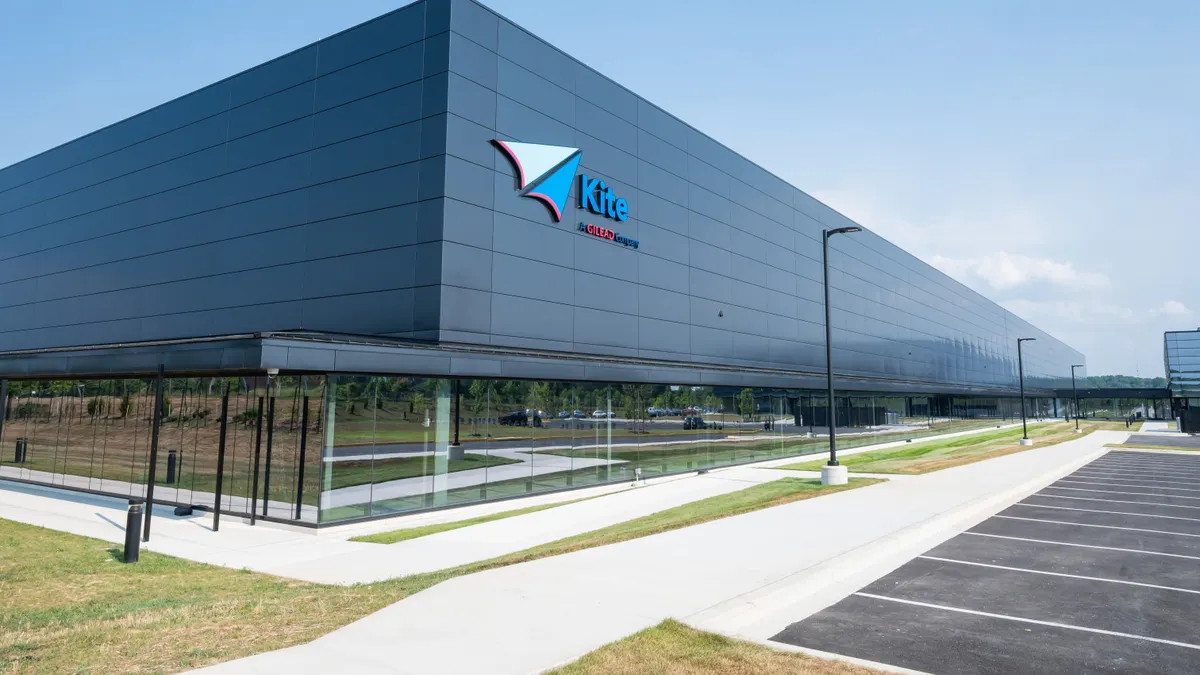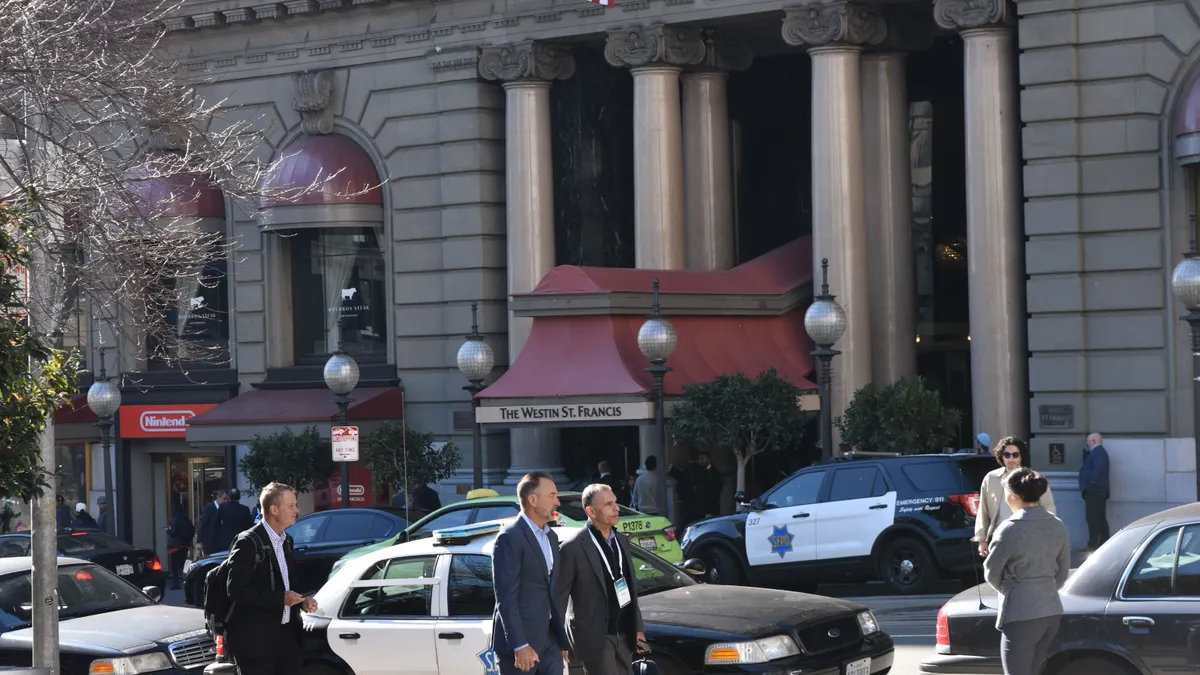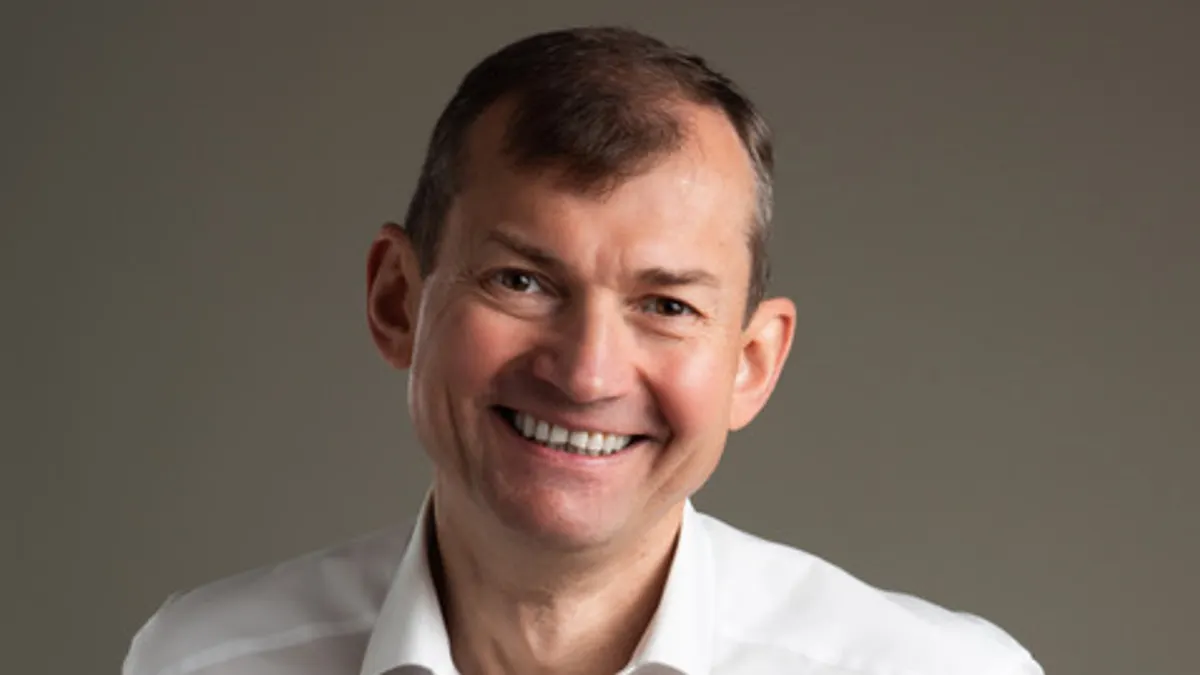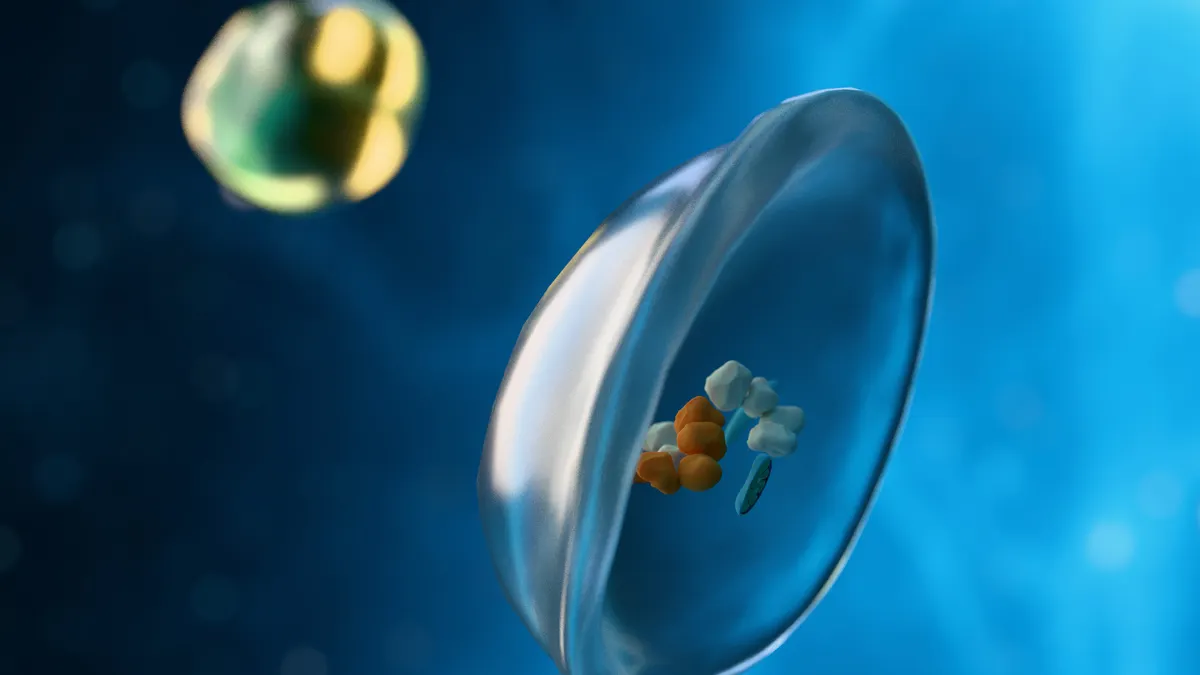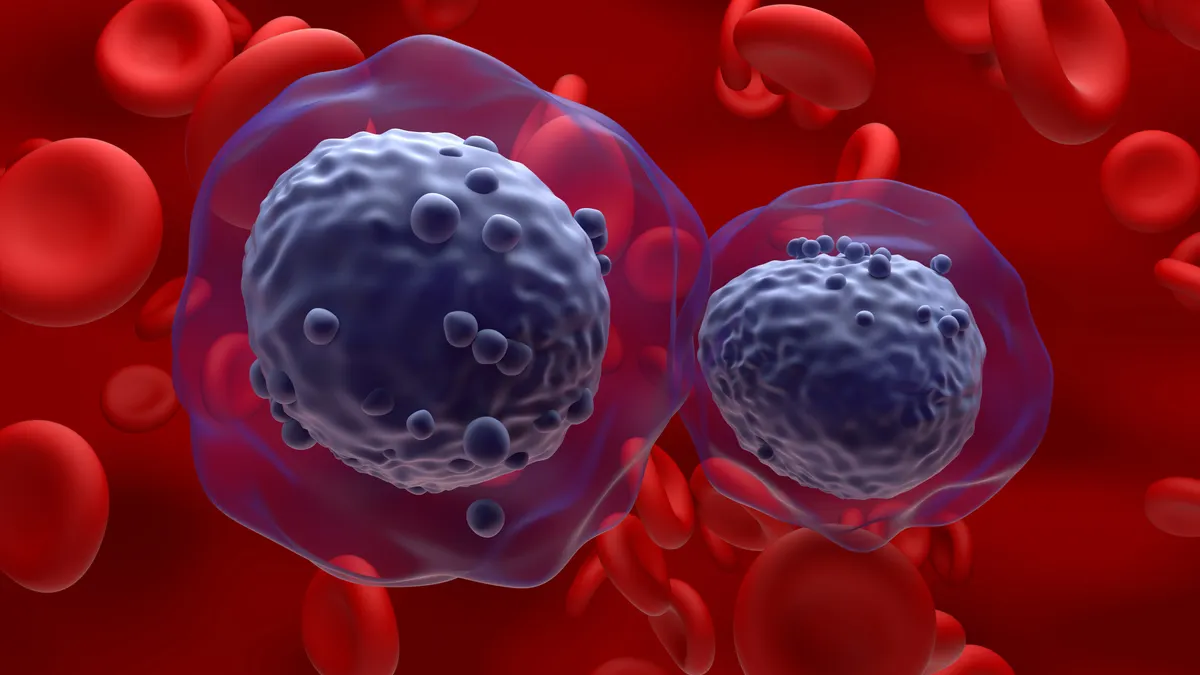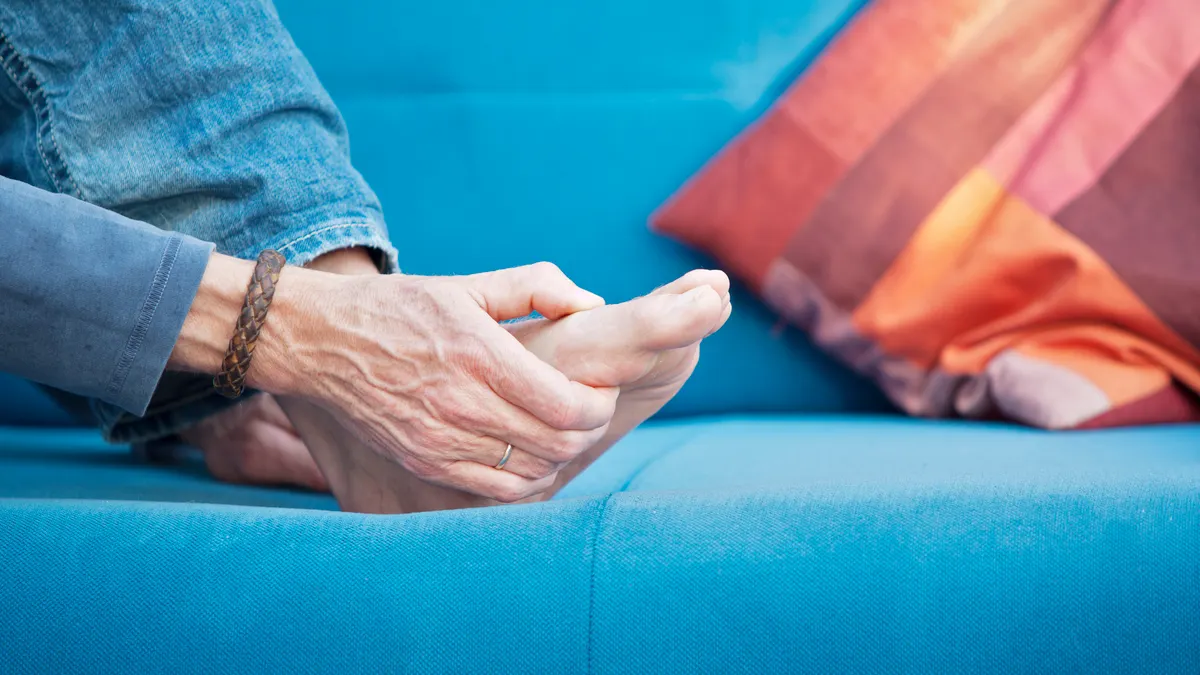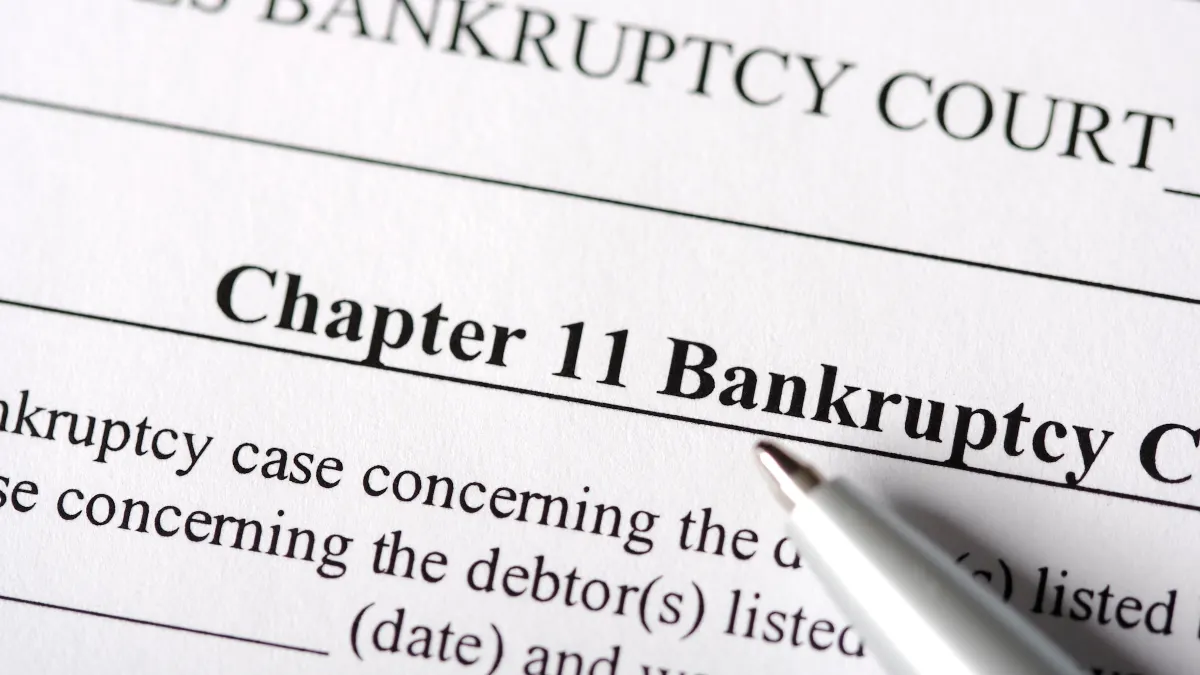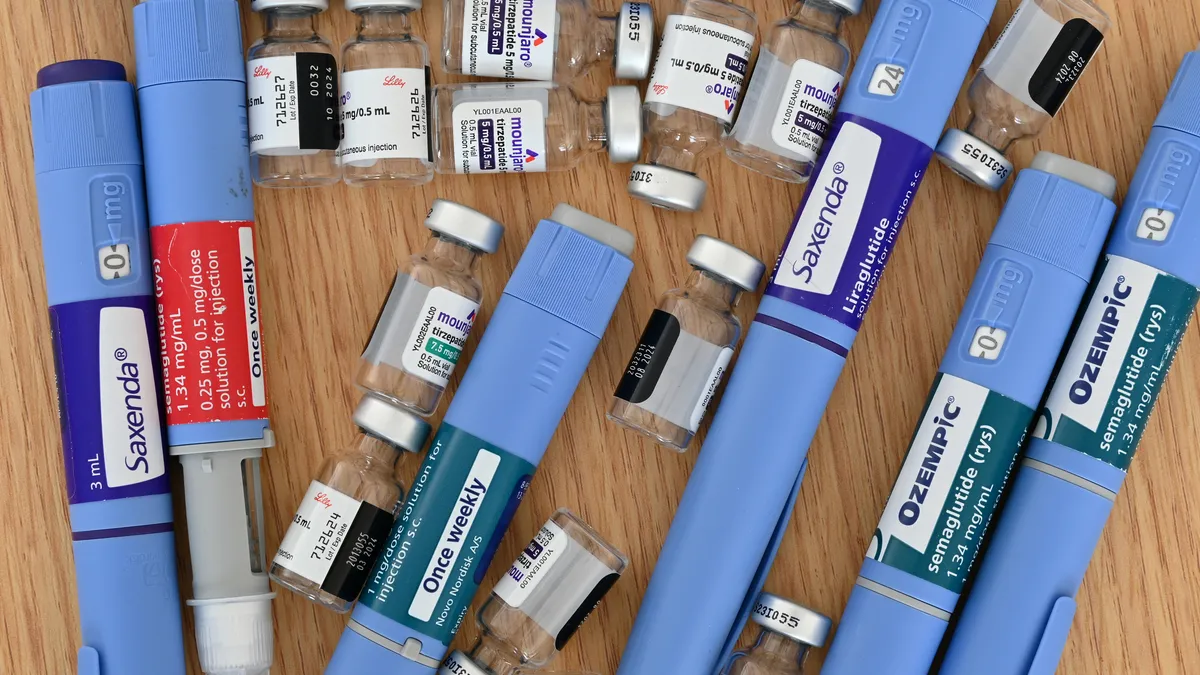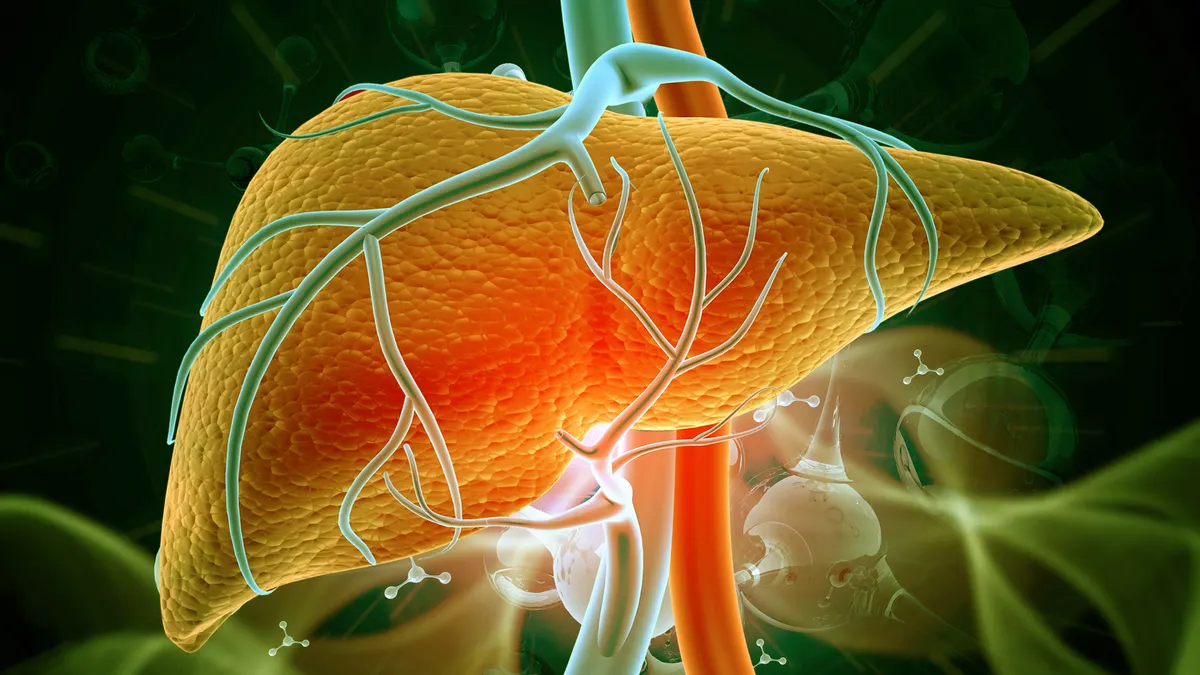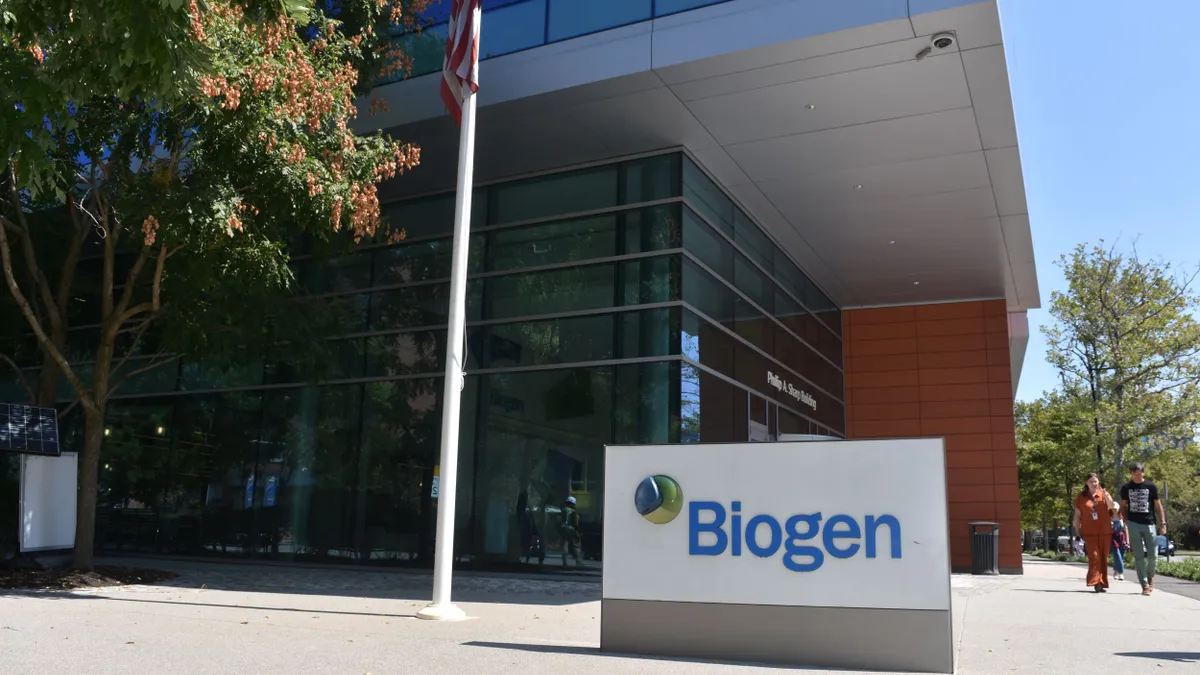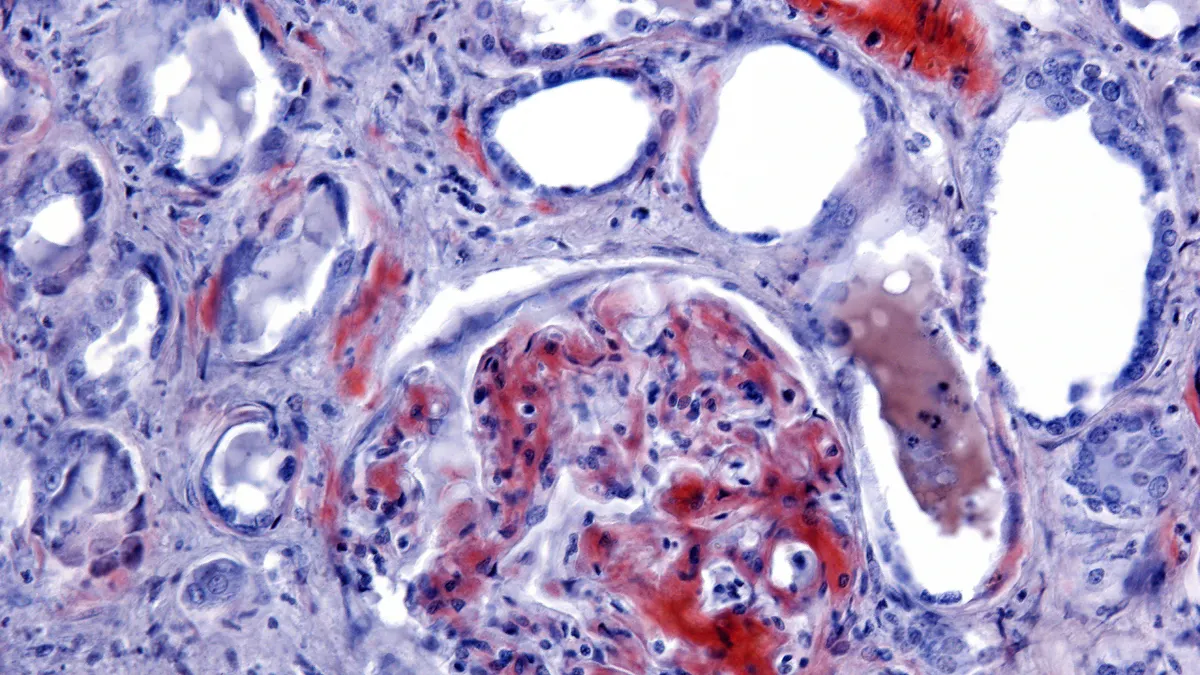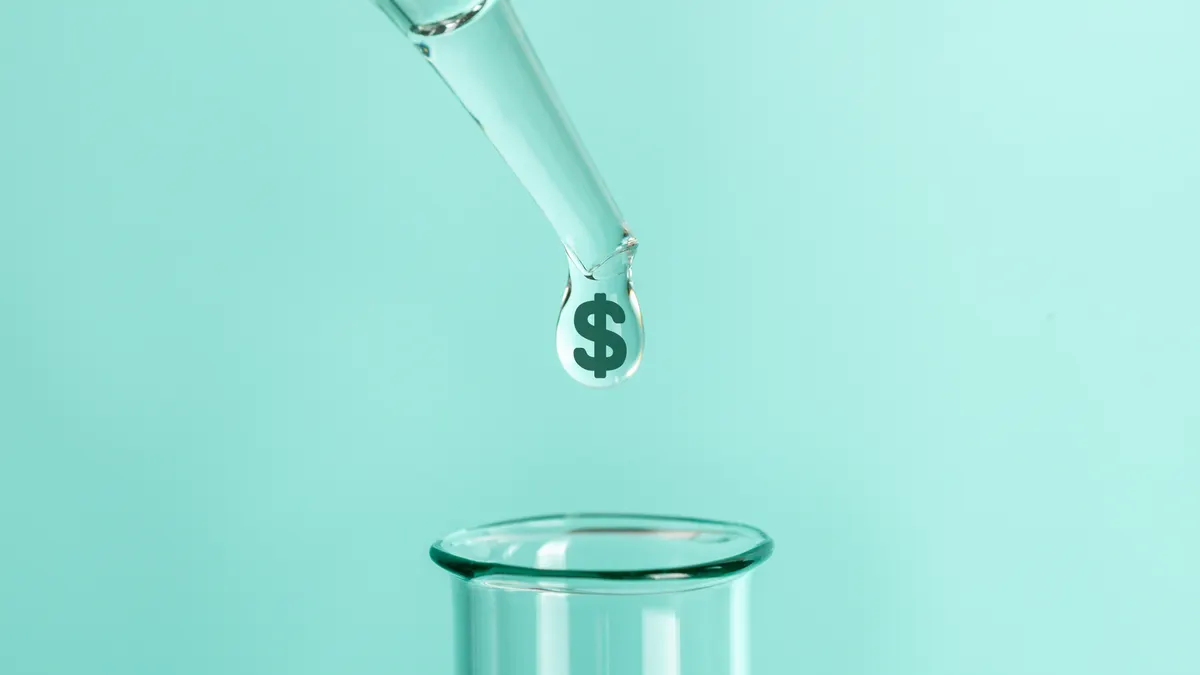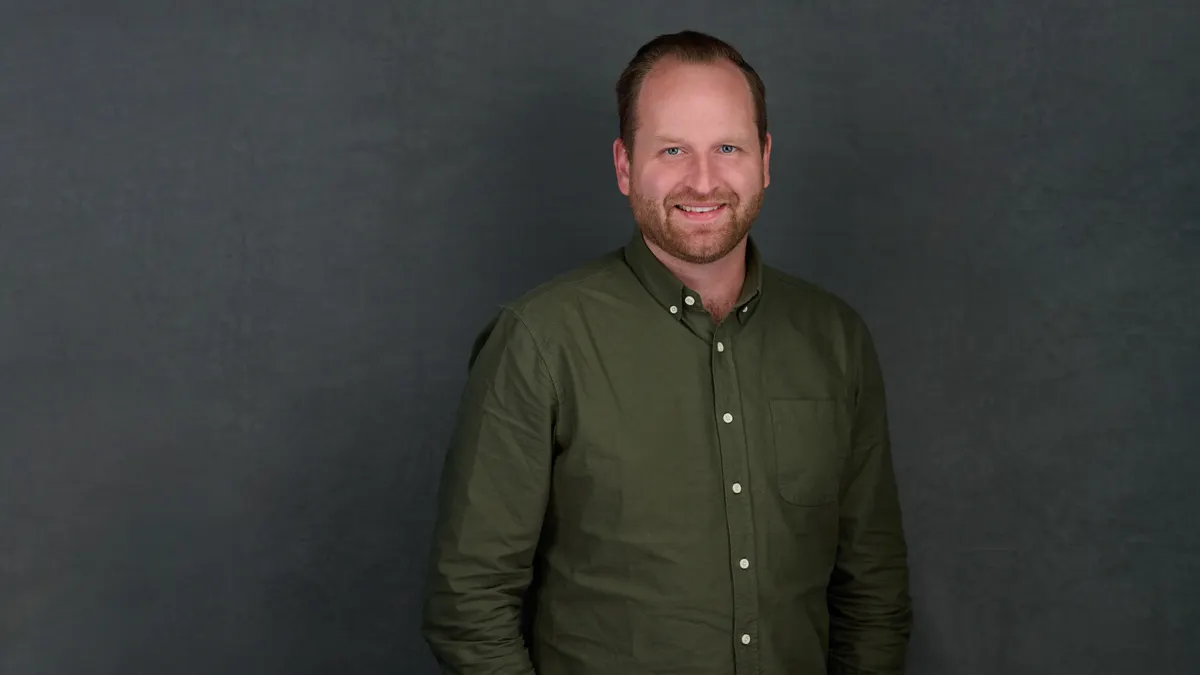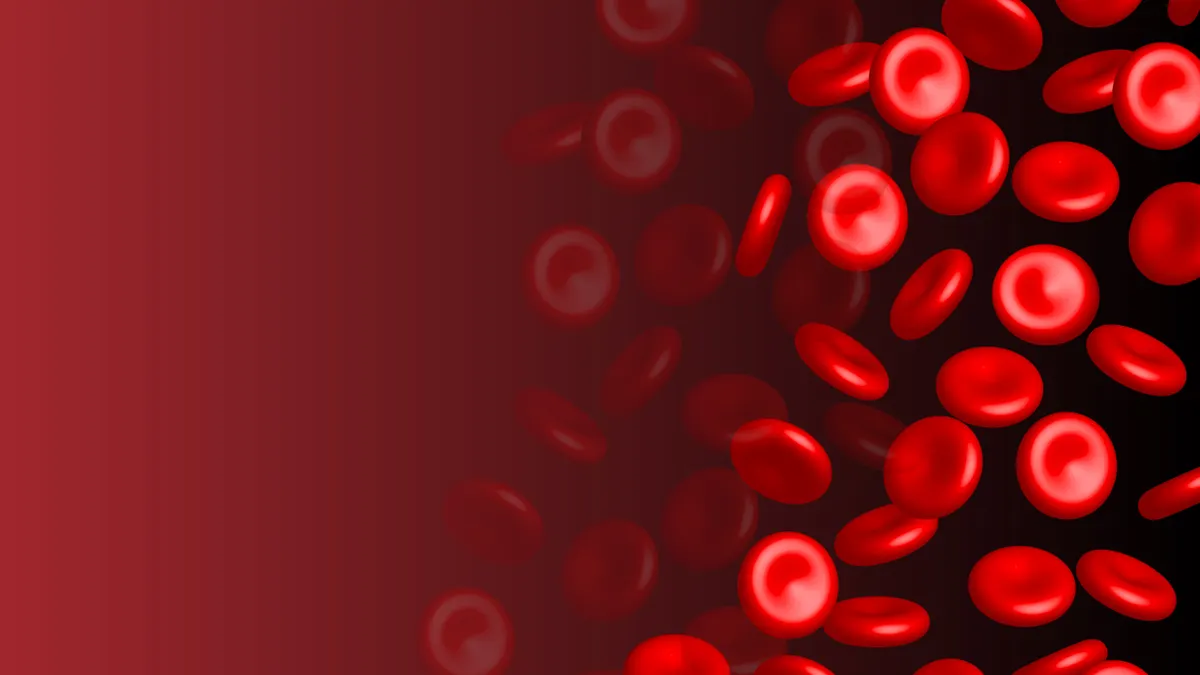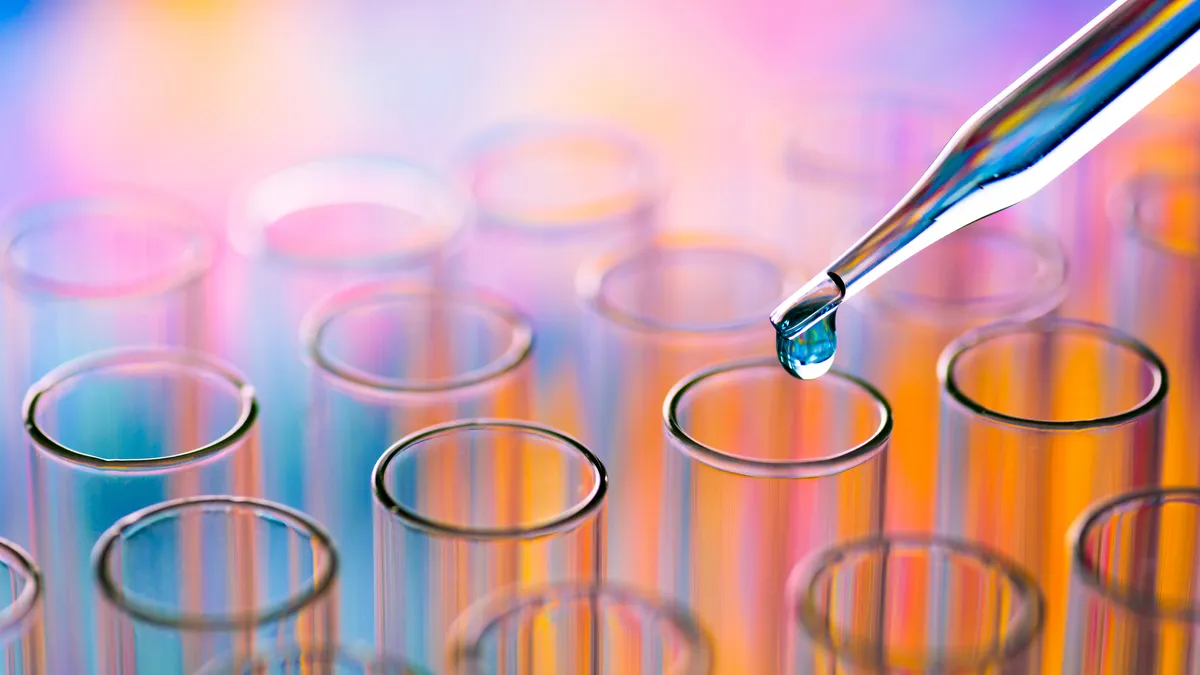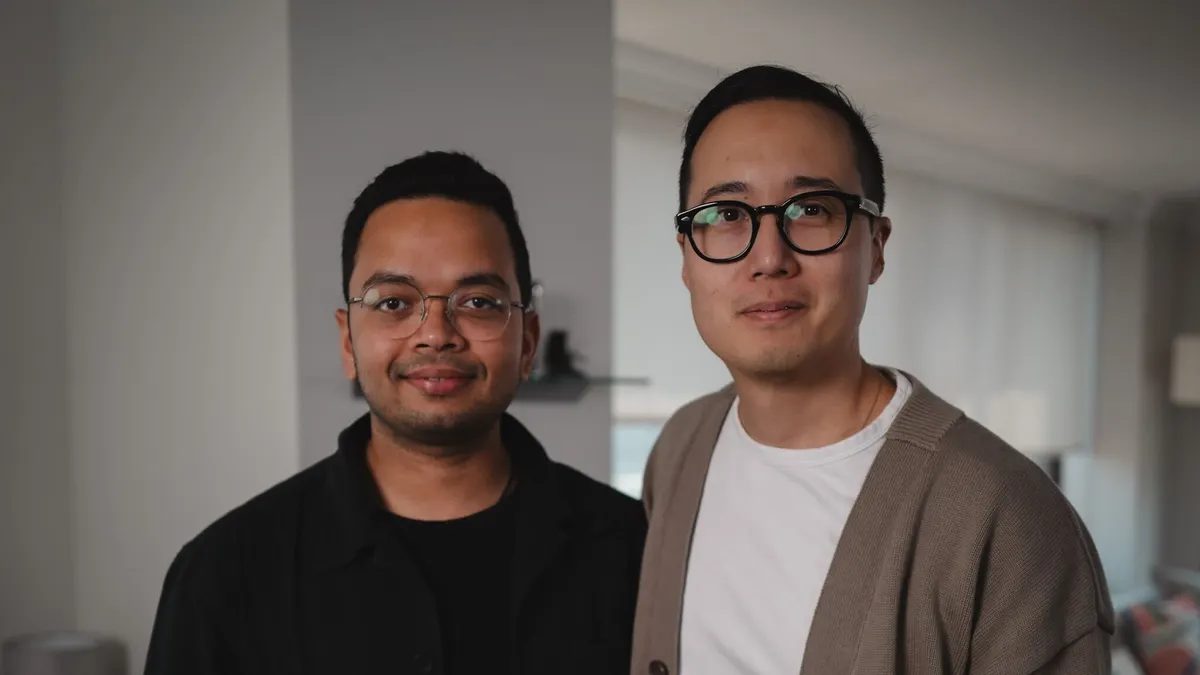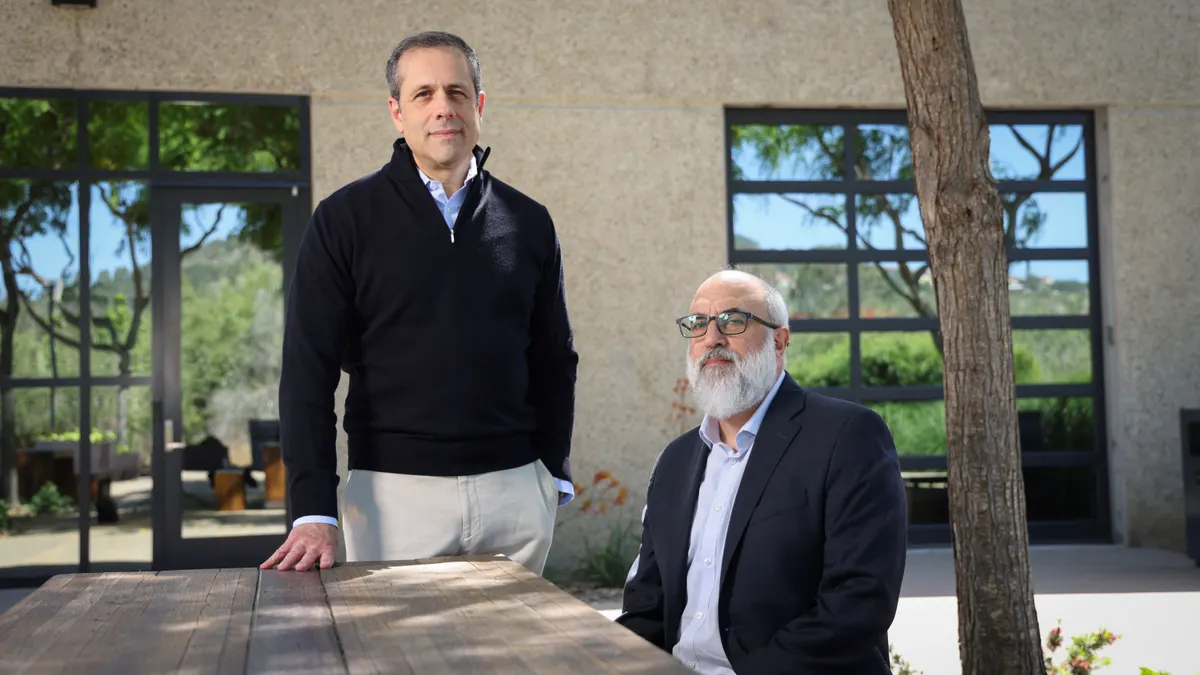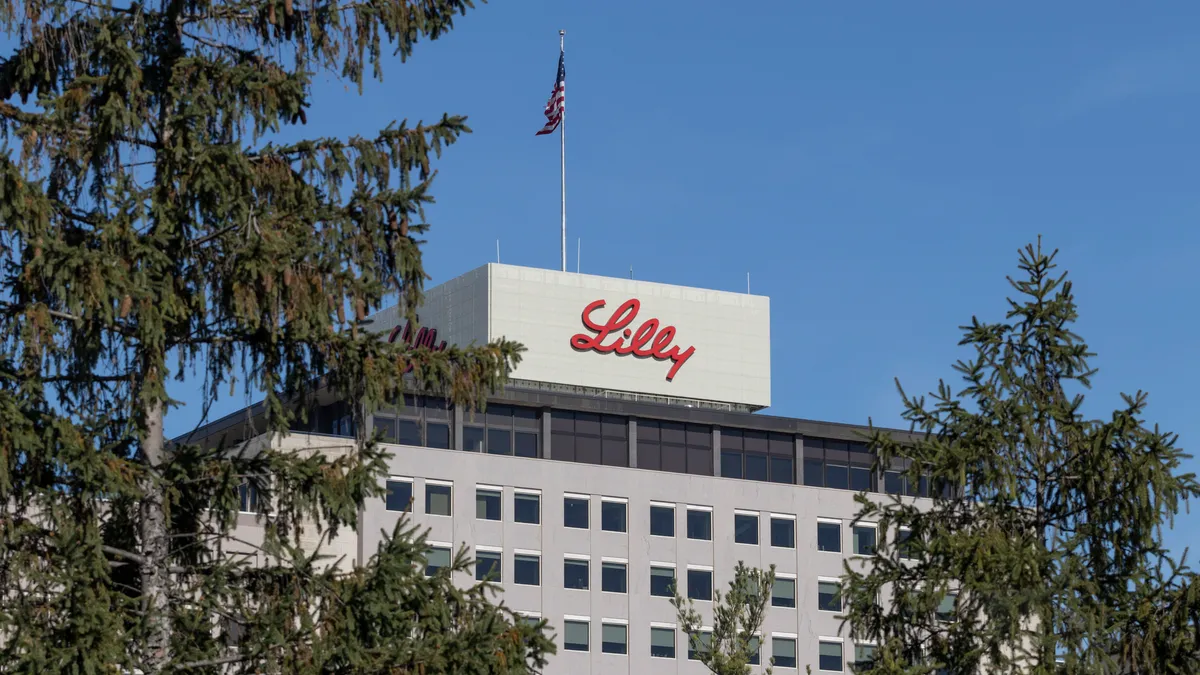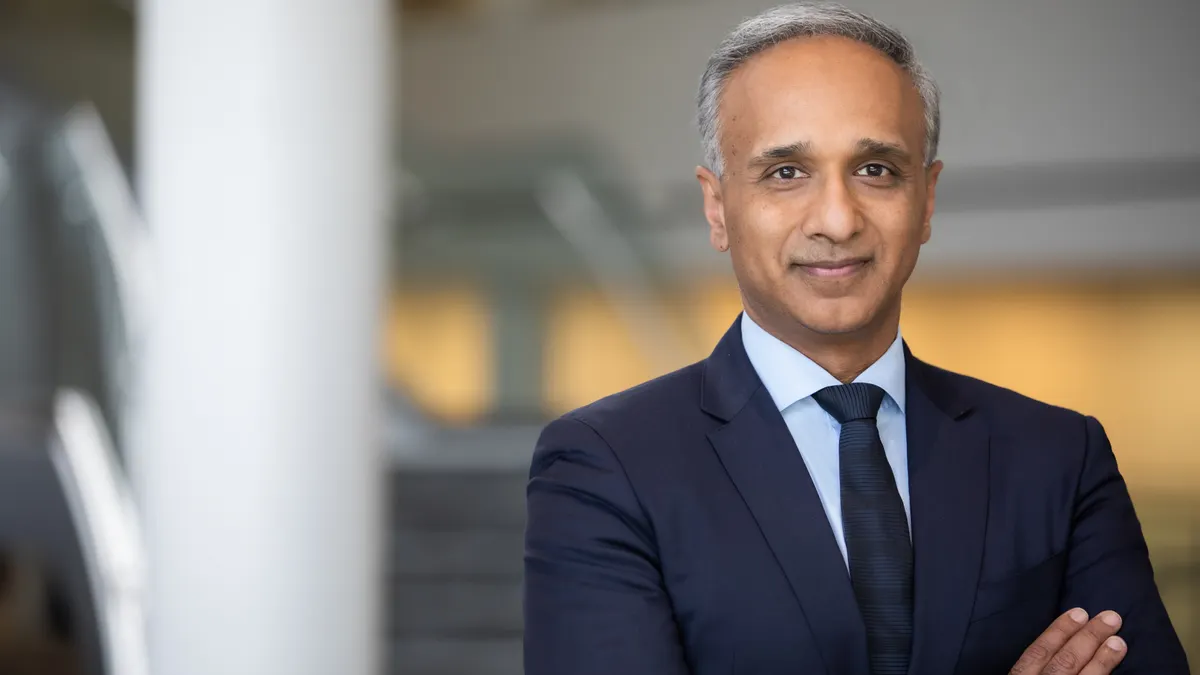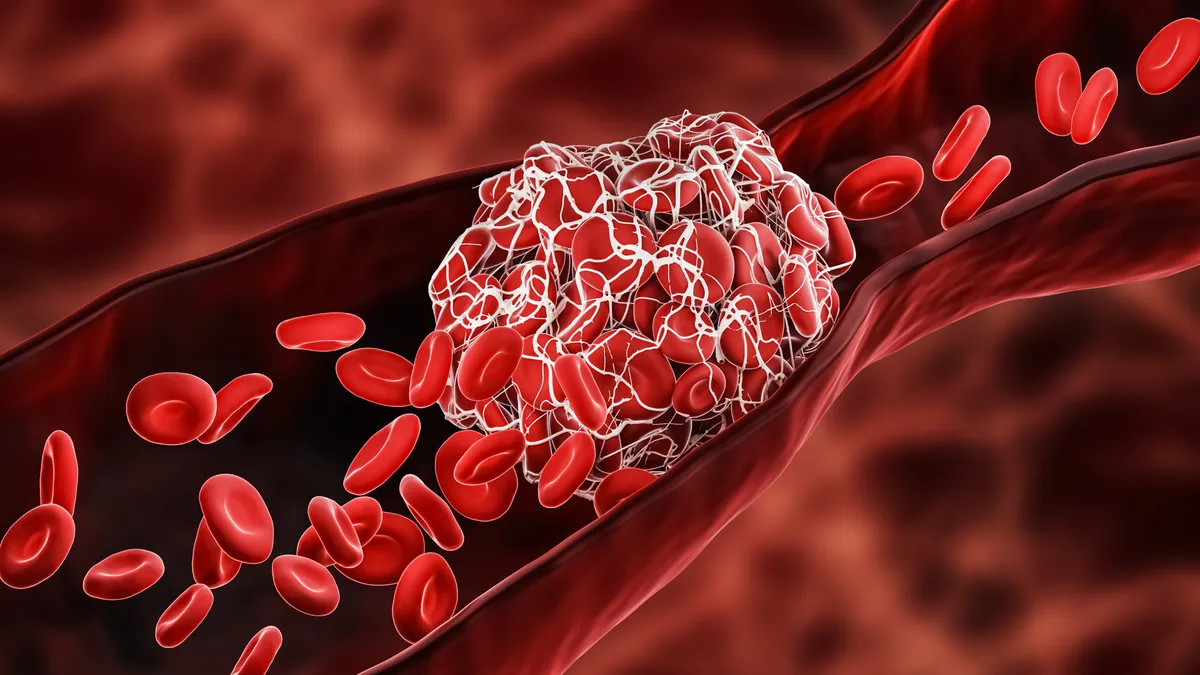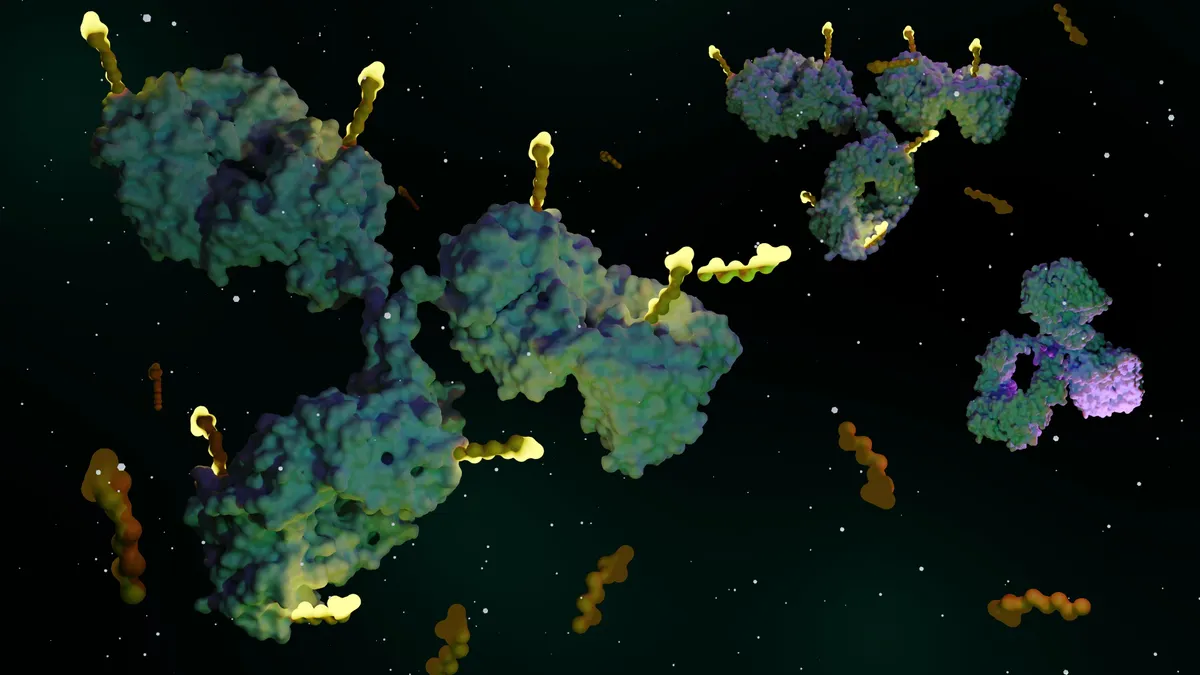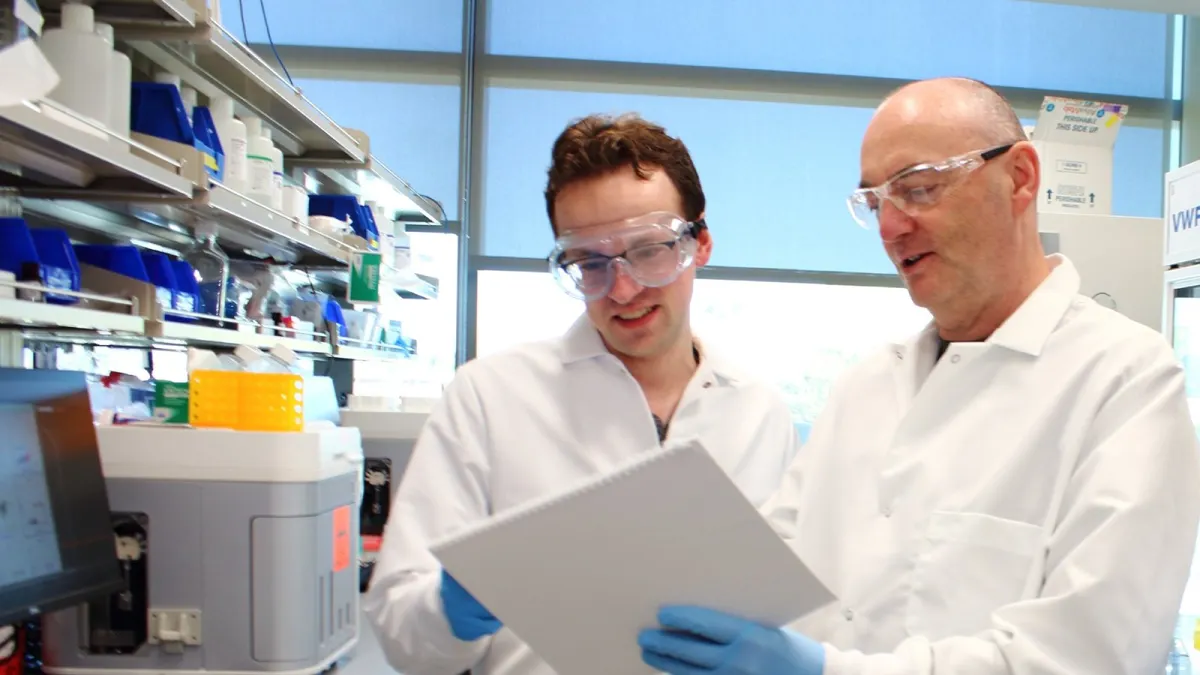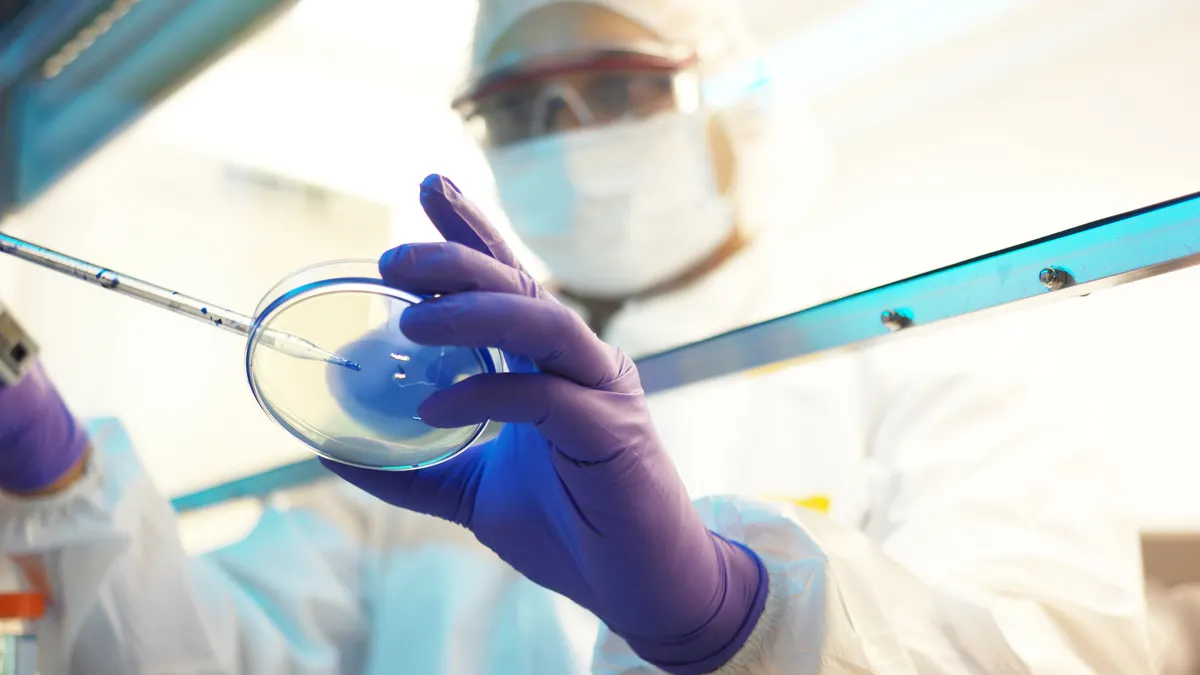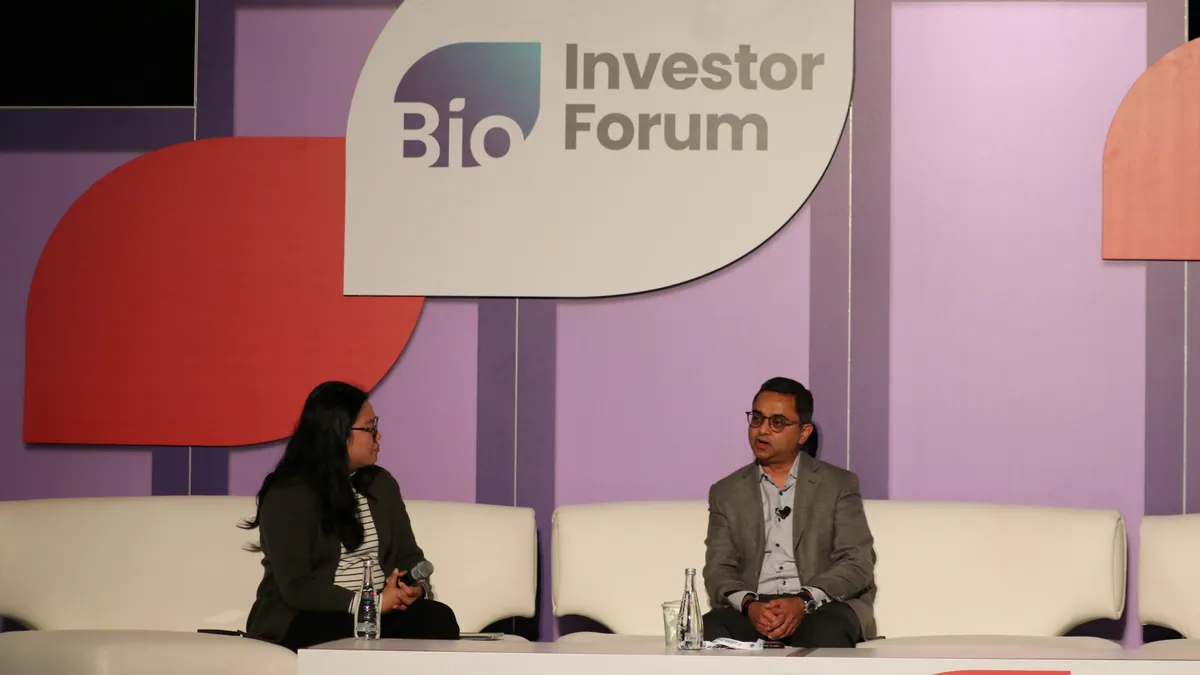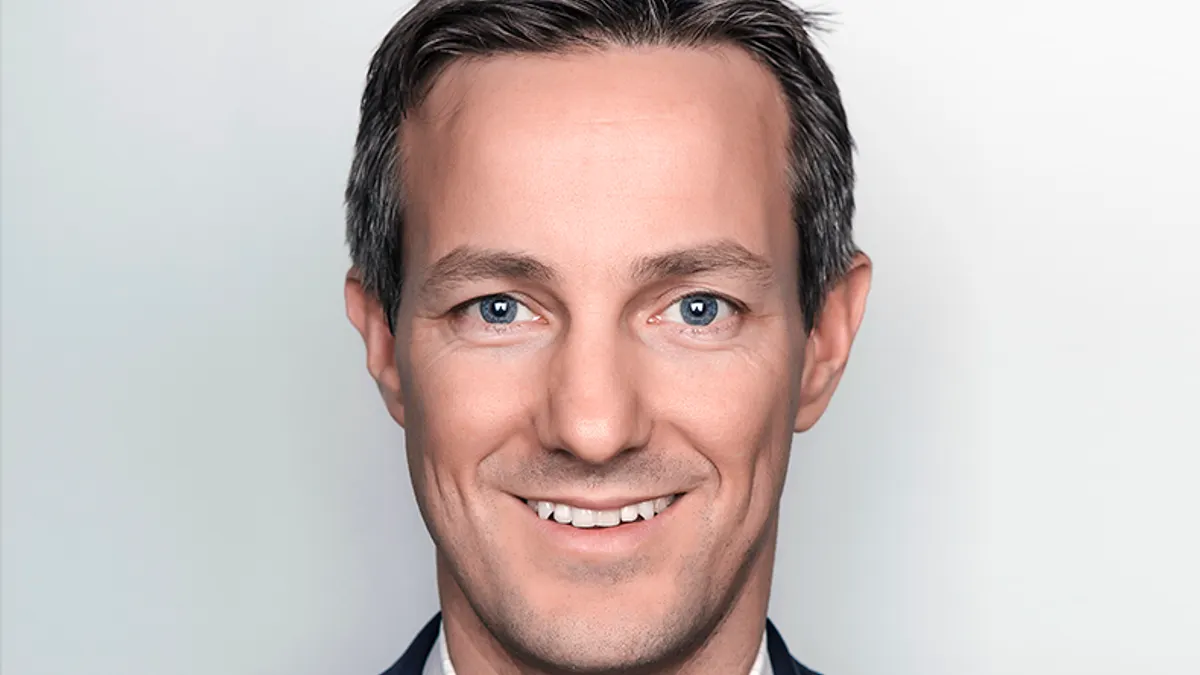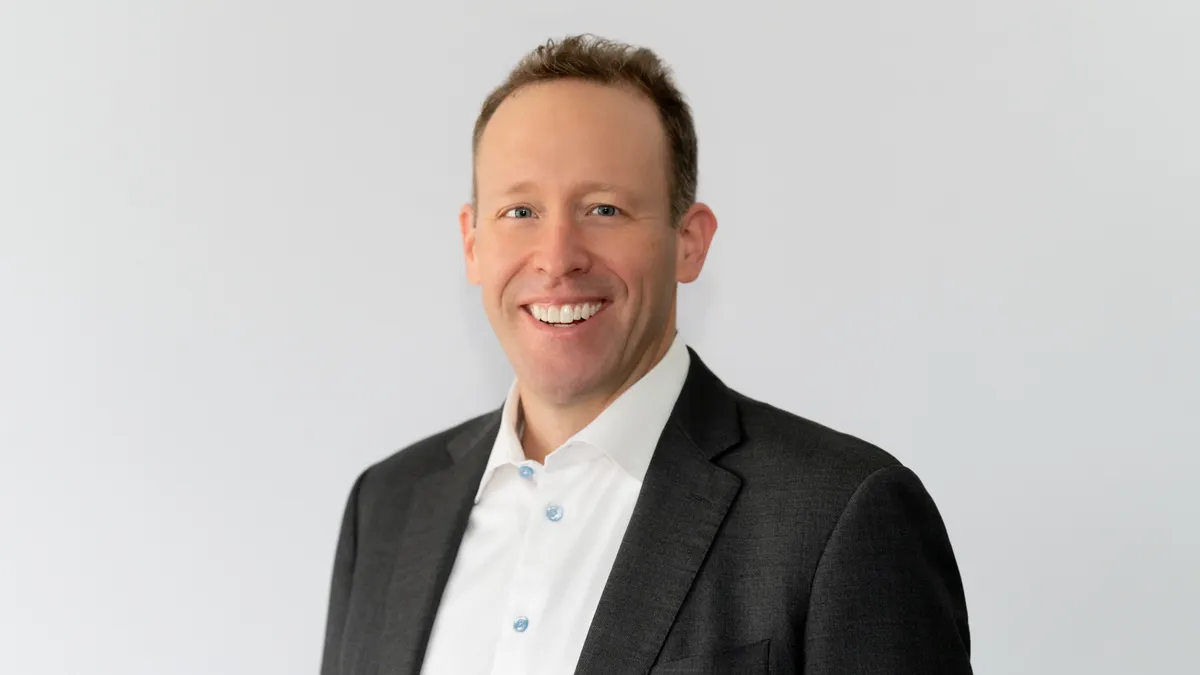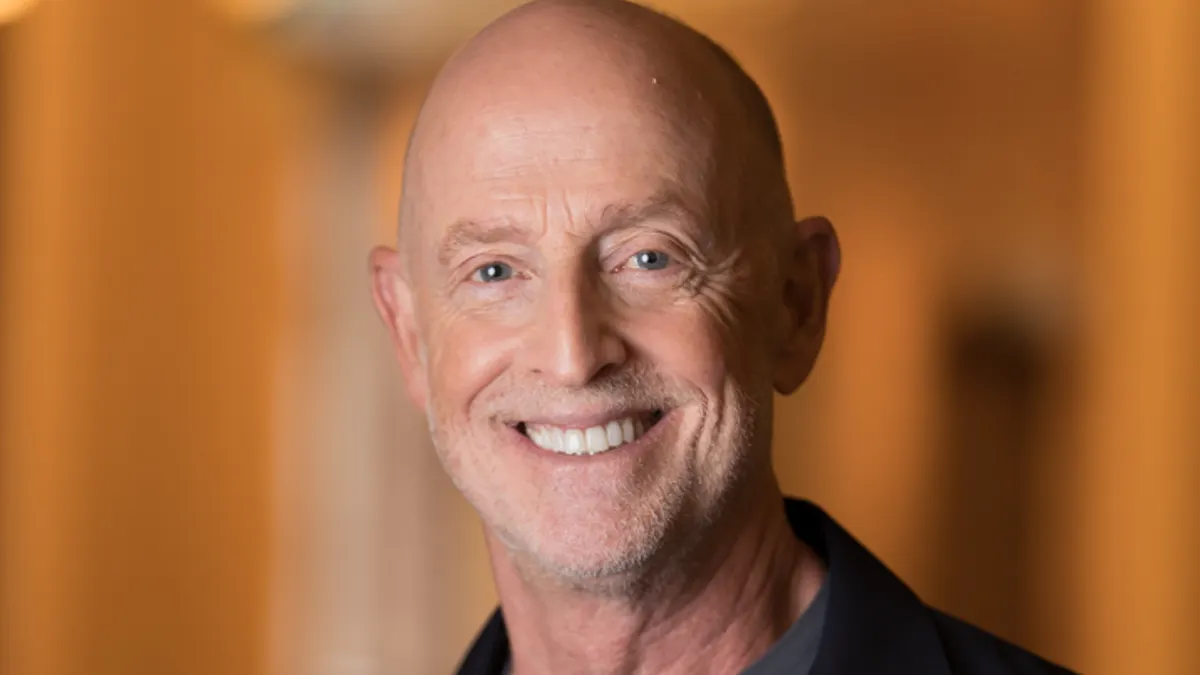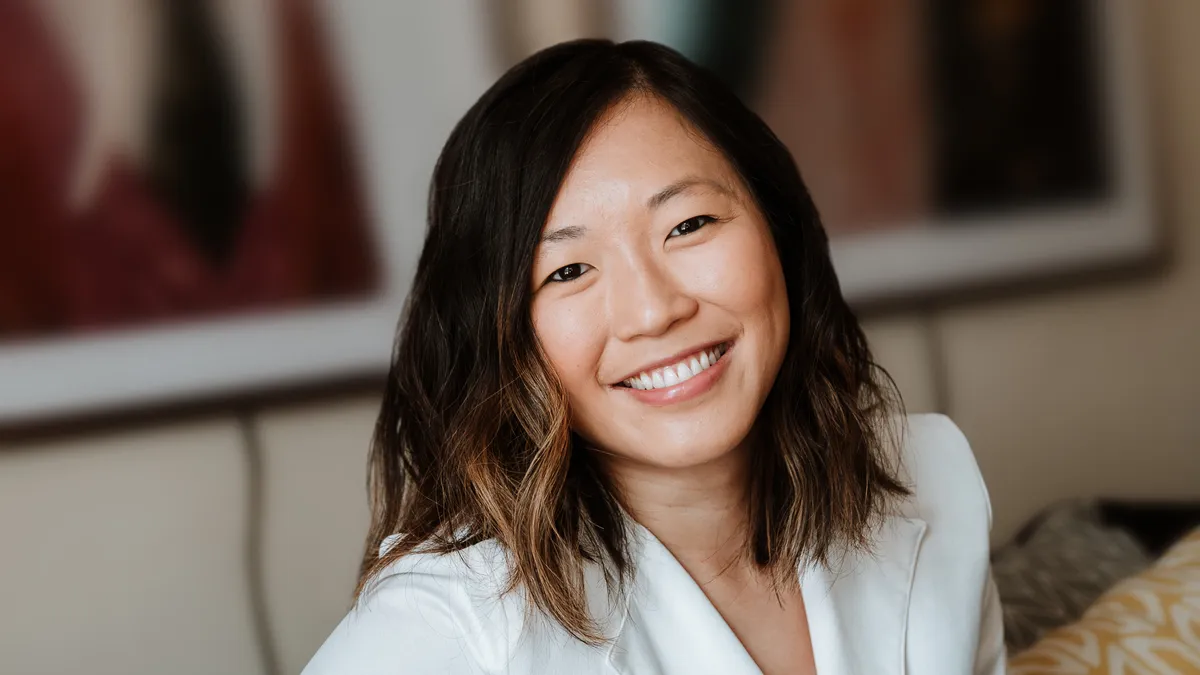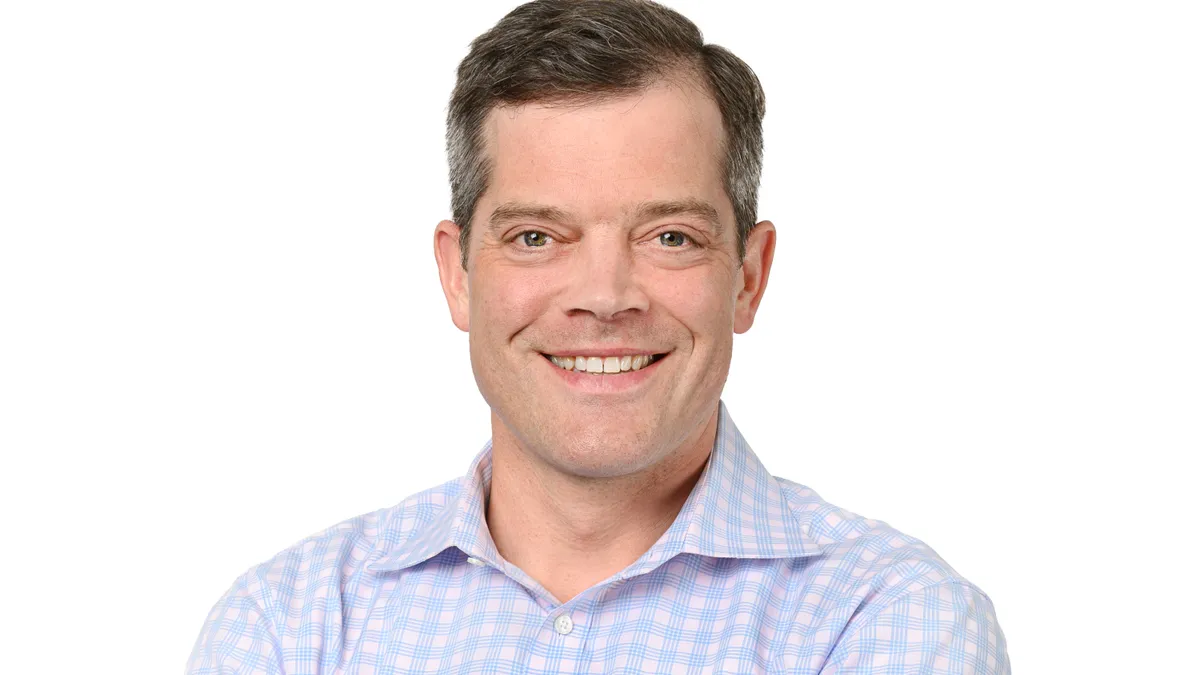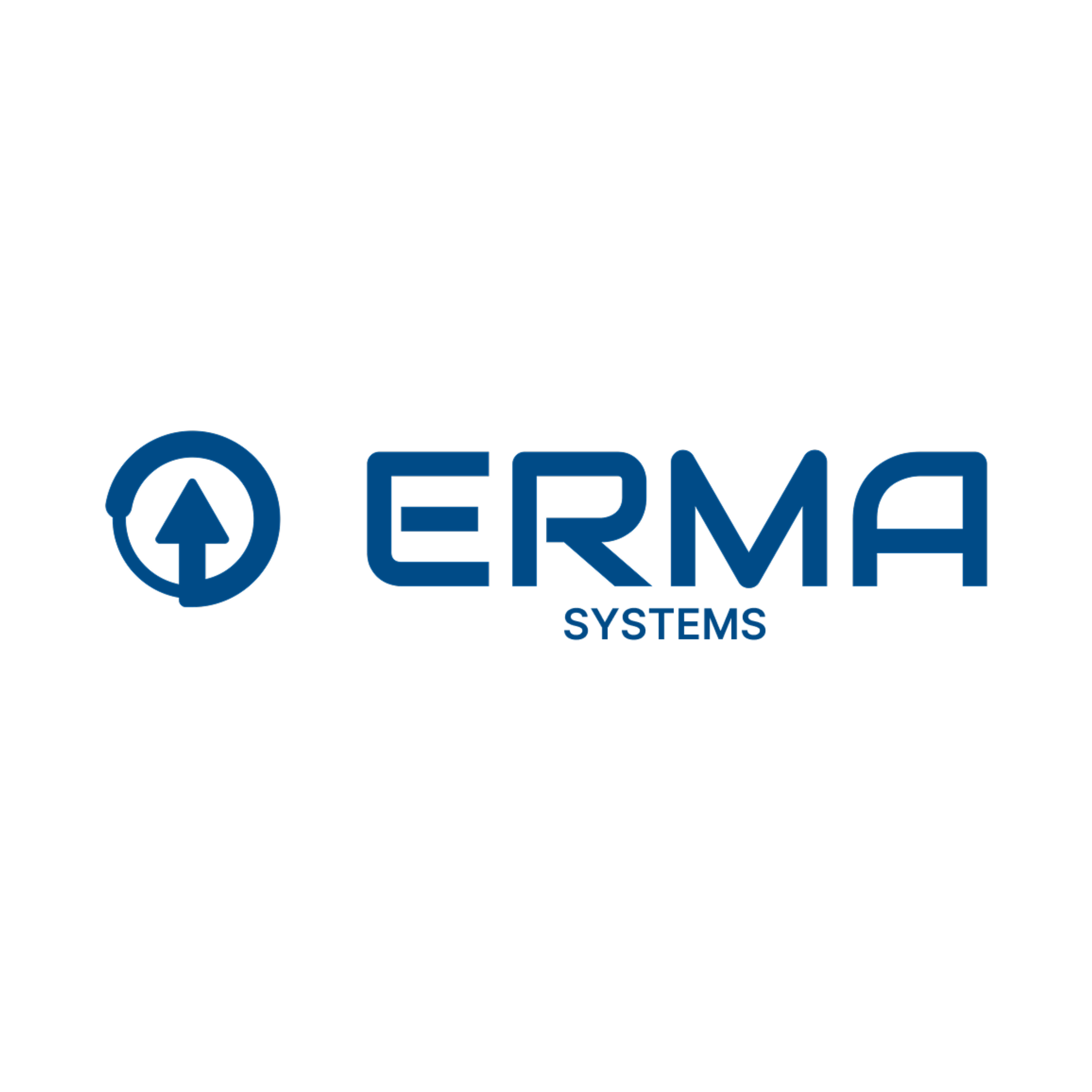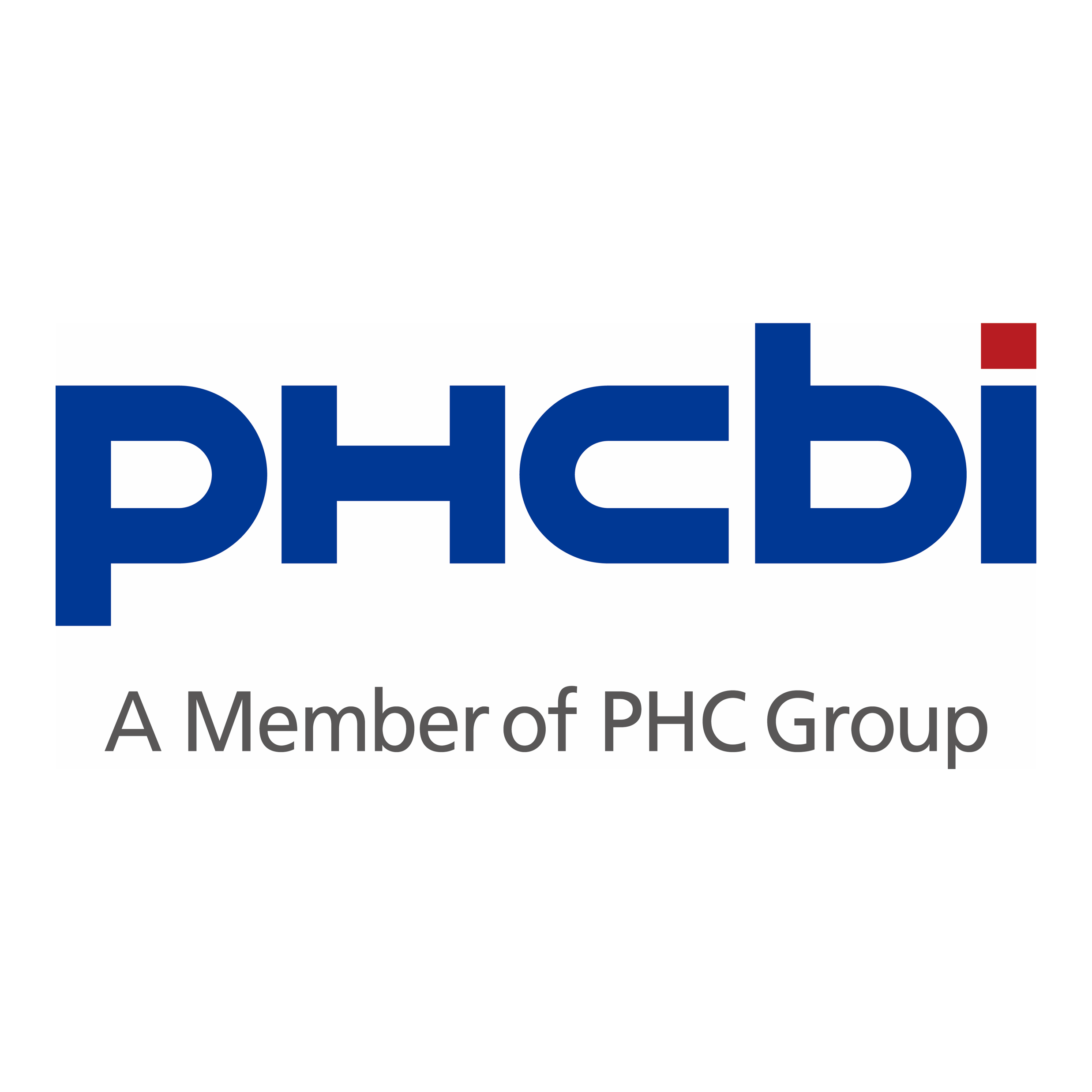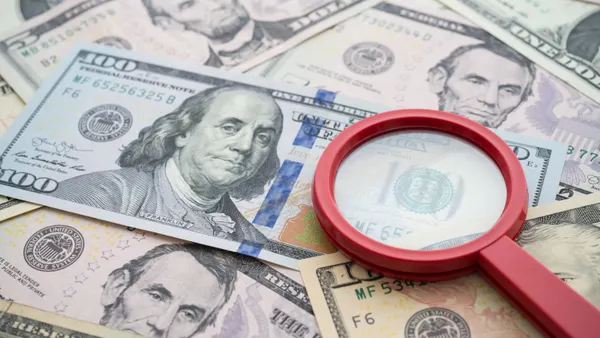A startup with a promising therapy for hair loss just closed a nine-figure fundraising round led by two of the most prominent investment firms in biotechnology.
Based in Los Angeles, Pelage Pharmaceuticals has been developing a topical gel designed to activate dormant hair follicle stem cells. Pelage believes this first-of-its-kind approach could be especially useful for people “traditionally underserved” by current treatments, including women and those with longstanding hair loss. The company estimates that more than 80% of men and 40% of women experience hair loss in their lifetimes.
Pelage, through the close of a Series B fundraising round announced Wednesday, now has another $120 million to continue developing its gel. Arch Venture Partners and GV, the venture arm of Google’s parent company, Alphabet, contributed the most to the round. Main Street Advisors, Visionary Ventures and YK Bioventures also participated.
Richard Heyman, a venture partner at Arch, said in a statement that Pelage is “well-positioned” to bring to a market lacking treatment options a therapy that’s “accessible for all.”
So far, the Food and Drug Administration has approved just two medicines for the most common form of hair loss, known as androgenetic alopecia. They are minoxidil and finasteride, sold under the brand names Rogaine and Propecia. Neither offers a full-proof way to restore hair growth, and only Rogaine is approved for women.
Both also carry side effects. Minoxidil can make the scalp dry, itchy and flaky, while finasteride can cause erectile dysfunction, anxiety and suicidal thoughts. The FDA this spring issued a warning about topical forms of the latter sold by telehealth companies, flagging the potential safety concerns.
Pelage’s therapy, code-named PP405, is meant to block a type of protein that shuttles a molecule called pyruvate into the mitochondria, where it’s used to generate energy. The resulting build up of pyruvate inside the cell then spurs more activity from “lactate dehydrogenase,” an enzyme that switches on hair follicle stem cells.
In June, Pelage reported positive results from a mid-stage clinical trial of 78 men and women with androgenetic alopecia. The trial enrolled people with a diverse range of skin tones and hair textures, who then had either Pelage’s gel or a sham treatment applied to their scalps once a day for four weeks. After that, researchers evaluated the participants for another two months.
The study successfully hit its main goal, which focused on safety, by showing Pelage’s gel was well tolerated and didn’t absorb into the bloodstream.
There were also early signs the therapy works. Among men with a higher degree of hair loss, no one in the placebo group demonstrated a greater than 20% increase in hair density at the eight-week mark, whereas nearly one-third of those in the gel arm did. Pelage noted how visible hair regrowth typically requires six months to a year of continuous therapy, meaning its medication “may yield a more rapid clinical response than current treatments.”
Another “particularly striking” finding, according to Pelage, was that unlike existing drugs, its gel stimulated growth from follicles where no hair was previously present. Such results provide “early validation of its regenerative potential,” the company said.
Next year, Pelage intends to share a full dataset from the trial at a medical meeting and start a late-stage study evaluating the safety and efficacy of its gel. In a statement, CEO Daniel Gil said the new funding affirms the quality of the company’s scientific approach and the clinical results it’s gathered.
In addition to the funding, Pelage announced that Cathy Friedman, an adviser for GV’s life sciences portfolio, has been appointed to board chair. Friedman previously led Pelage’s $17 million Series A round.
Heyman will join the board, too, sitting alongside Gil and the company’s co-founder and president, William Lowry.








